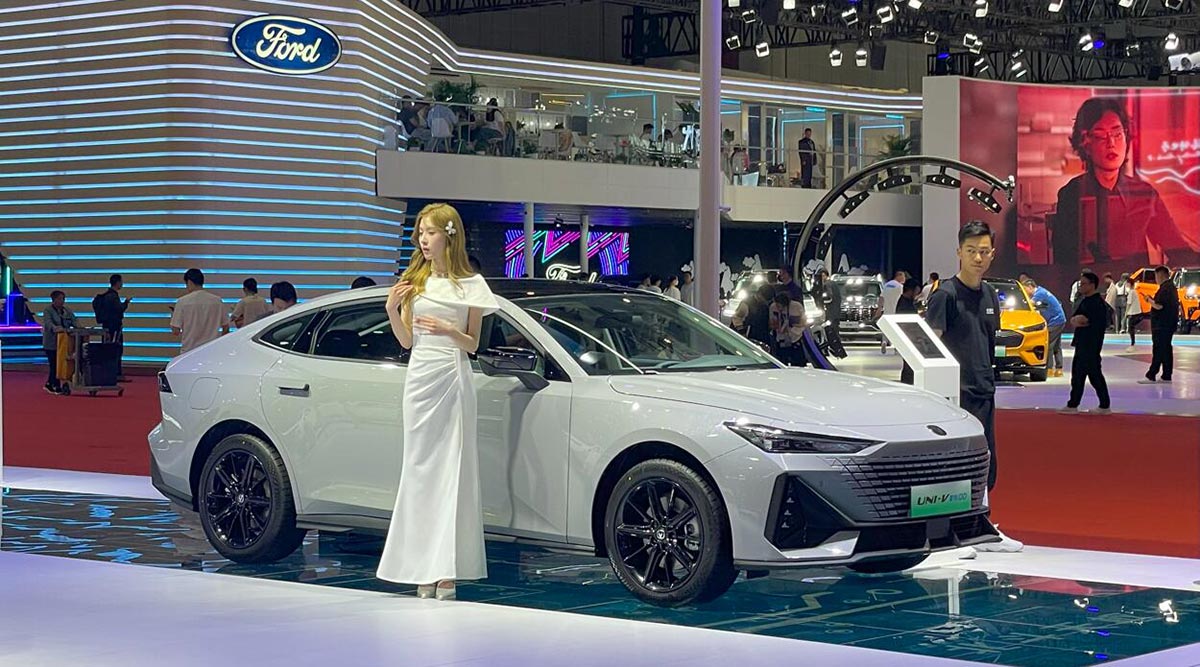Changan to build $250 million NEV production base in Thailand with initial annual capacity of 100,000 units
Changan's NEV production base in Thailand will have an initial annual capacity of 100,000 units, with the capacity to be raised to 200,000 units in the second phase.

(Image credit: CnEVPost)
Changan Automobile plans to build a new energy vehicle (NEV) production base in Thailand, becoming the latest Chinese automaker to announce such plans.
Changan plans to invest 8.8 billion baht ($250 million) to build a NEV production base in Thailand, according to a company statement yesterday.
The first phase of the production site will have an annual capacity of 100,000 vehicles, and the second phase will boost the capacity to 200,000 vehicles, Changan said, without disclosing when the facility would start production.
NEVs produced at the facility will be sold not only in Thailand but also exported to other markets including Australia, New Zealand, Britain and South Africa, Changan said.
Thailand, Southeast Asia's largest car producer and exporter and the No. 1 market for electric vehicles (EVs), is also Changan's top priority in expanding overseas markets, it said.
The Thai government is promoting the country as an ASEAN EV production center with policies including tax breaks, consumption subsidies, and investment support, Changan's statement noted.
On August 23, Changan's operating entity in Thailand was officially established, marking an important step in the company's globalization strategy, it said.
Changan is increasing the recruitment of local talent and accelerating the construction of a local marketing and service network in Thailand, and expects to start selling vehicles there by the end of this year, it said.
Changan plans to invest more than $10 billion in overseas markets by 2030, with annual overseas sales of more than 1.2 million vehicles and more than 10,000 employees in its overseas operations, it said, reaffirming targets set in April.
By 2030, the company plans to see global sales of more than 500,000 units of two models, access to more than 90 percent of the world's markets, and sales of more than 300,000 units in Europe.
Thailand has become an important overseas market for Chinese EV brands focused on the mass market.
On March 10, Neta Auto laid the groundbreaking for its plant in Bangkok, Thailand, which will be its main manufacturing base for right-hand drive EVs for export to ASEAN.
Also on March 10, BYD (OTCMKTS: BYDDY) began construction on its passenger car plant in Thailand. The plant is expected to start production in 2024 with an annual capacity of about 150,000 vehicles.
On August 21, GAC Aion shipped the first 100 EVs to Thailand and said it will set up its Southeast Asian headquarters in Thailand within this year, with localized production in active preparation.
($1 = 35.0600 baht)
BYD begins construction of Thailand plant with annual capacity of 150,000 units

